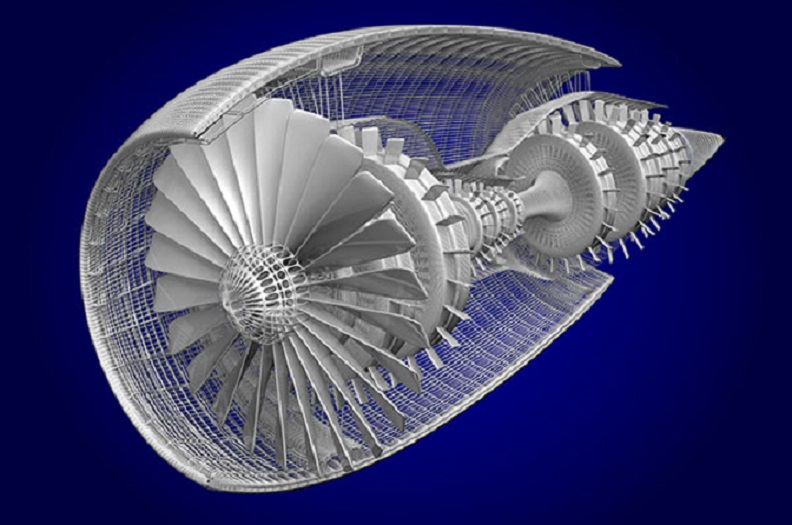Titanium Alloy Investment Casting Technology

Titanium Alloy Investment Casting Technology
The castings produced by the investment casting method have low surface roughness and precise dimensions. In addition, the investment casting method can cast castings with complex shapes and improve the utilization rate of metallic materials. However, the investment casting process is more complicated and difficult to control, and the materials used and consumed are more expensive. It is usually suitable for the production of small parts with complex shapes, and high precision requirements, such as turbine engine blades. In this article, we will take a deeper look at the titanium alloy investment casting technology.

Titanium Alloy Investment Casting Technology
Titanium alloy is one of the most difficult industrial metals for precision casting. Because titanium alloy has high chemical activity, it can chemically react with almost all refractory materials in the molten state, which reduces the quality of the melt. Therefore, the choice of shell material is the key to the titanium alloy investment casting process.
The modeling materials used for titanium alloy casting should meet the following basic requirements:
1. It should have high chemical inertness, and no chemical reaction will occur when it comes into contact with molten titanium alloy.
2. It should not be soft or broken under the high temperature of molten titanium alloy and have high refractoriness and thermal shock resistance.
3. It should have sufficient strength and not easily be damaged during transportation and furnace installation.
4. Its adsorption capacity of water and gas should be small.
5. It should have low thermal conductivity to reduce defects caused by the chilling of castings.
The casting materials currently used can only partially meet the above requirements, and these materials can be roughly divided into the following categories.
1. Carbon Refractory Materials
The carbon refractory materials used for titanium alloy casting are mainly artificial graphite. Artificial graphite is made of petroleum coke and pitch as the main raw materials and calcined at a high temperature of 2600-3000°C. Artificial graphite has high refractoriness under vacuum, a low thermal expansion coefficient, and its strength increases with the rise of temperature, and it is inert to molten titanium alloy.
However, artificial graphite also has the shortcomings of easy oxidation, strong gas adsorption capacity, high thermal conductivity, and easy microcracks on the surface of the casting.
2. Oxide Ceramic Materials
Oxide ceramic materials are important materials used in titanium alloy precision casting. Commonly used oxide ceramics in the industry are SiO₂, MgO, Al₂O₃, CaO, ZrO₂, Y2O3, and ThO₂. Their reactivity with molten titanium alloys gradually decreases.
3. Metallic Materials and Other Materials
The metallic materials used as casting molds are mainly copper, steel, cast iron, etc., but it is difficult to produce titanium alloy castings with complex shapes, and most of them are only used on specific castings.
In addition, there are refractory metal powders such as tungsten, molybdenum, tantalum, and niobium. These materials have high melting points and good chemical stability when in contact with molten titanium alloys. They are often used as surface coatings for titanium alloy investment casting.
The metal utilization rate of titanium alloy investment casting can reach more than 90%, which can greatly reduce the production cost. It is very likely to become one of the forming methods of titanium alloy castings suitable for civilian products, and it is also the focus of future research.
Conclusion
Thank you for reading our article and we hope it can help you have a better understanding of the titanium alloy investment casting technology. If you want to know more about titanium and titanium alloys, we would like to advise you to visit Advanced Refractory Metals (ARM) for more information.
Headquartered in Lake Forest, California, USA, Advanced Refractory Metals (ARM) is a leading manufacturer & supplier of refractory metals across the world, providing customers with high-quality refractory metals & alloys like titanium, titanium alloys, tungsten, molybdenum, tantalum, rhenium, and zirconium at a very competitive price.
{{item.content}}
LEVE A REPLY
{{item.children[0].content}}
{{item.content}}






